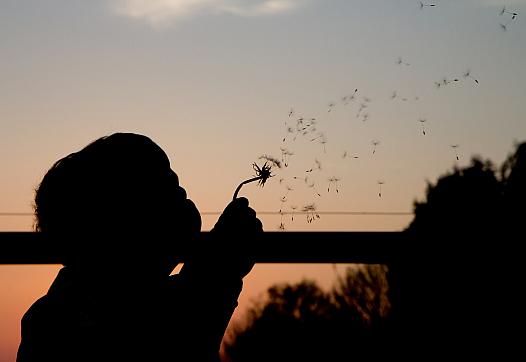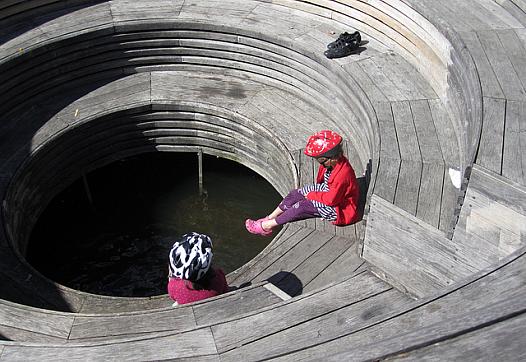
A study of Holocaust survivors is casting new light on our understanding of trauma’s effects on the body. The research suggests that extreme trauma can manifest itself in our genetic fingerprints — and that these changes can be passed on to the next generation.








